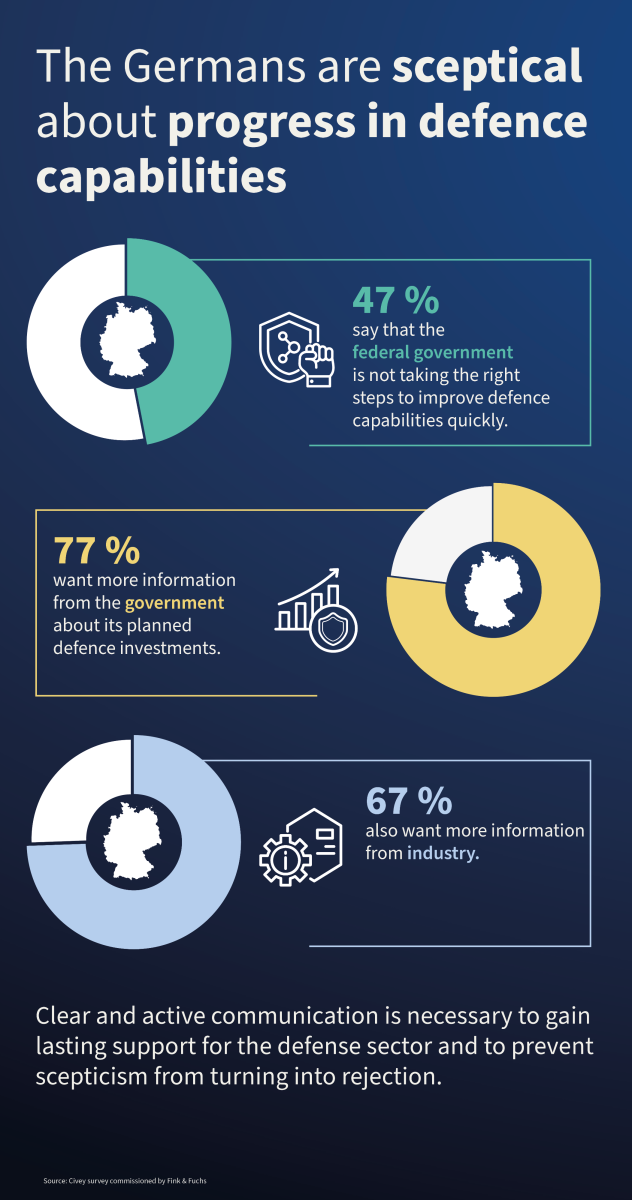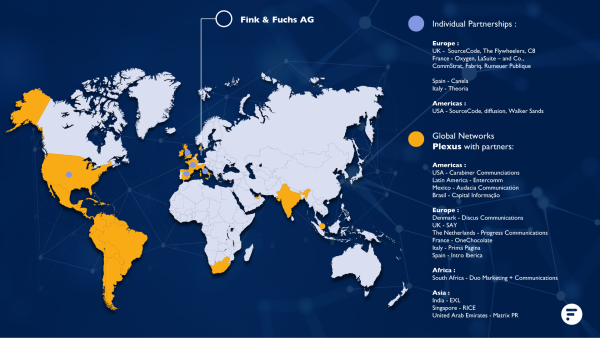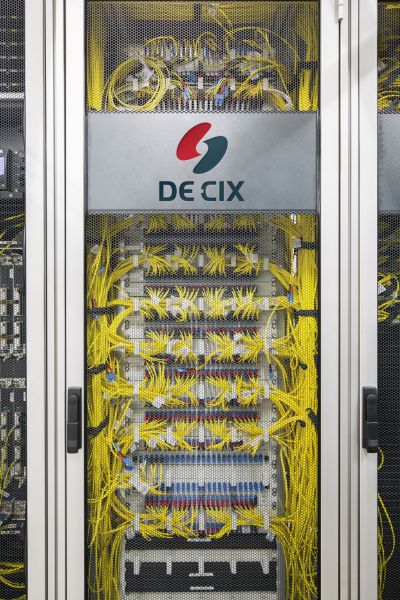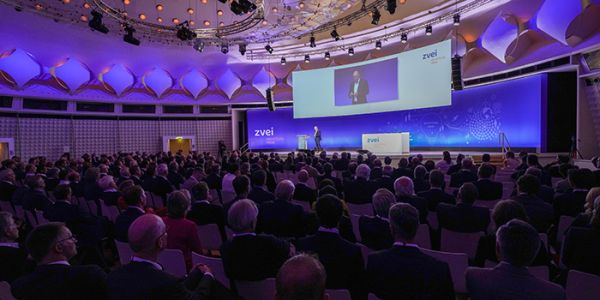Politicians and businesses are not doing enough to meet the information needs of German citizens, which risks a loss of support for the realignment of security policy.
A broad majority of German citizens fundamentally support the shift in Germany’s security policy. The latest public opinion poll, conducted by the ZMSBw (the Center for Military History and Social Sciences of the German Armed Forces), confirms this, with 64 percent in favour of higher defence spending. A new representative survey conducted by market researcher Civey on behalf of communications agency Fink & Fuchs also shows a positive trend. According to the survey, 40% of respondents said that their attitude towards defence investments had become more positive over the past 12 months. Only 20 percent report a more negative view, while 36 percent say their opinion has remained ‘roughly the same’.
However, the results also reveal significant scepticism about the measures taken so far. Almost half of those surveyed (47%) believe that the federal government is not taking the right steps to quickly improve defence capabilities. Twenty-four percent remain undecided.
With more than €60 billion being invested in defence this year, this suggests not only shortcomings in implementation, but also a lack of communication. Progress is not sufficiently visible — and therefore not sufficiently understood.
- 77 per cent want the federal government to provide more information about investments, for example in cybersecurity, infrastructure or armaments.
- 67 percent also expect more communication from the security and defence industry.
Communication deficit as a risk
We see broad support among the population for strengthening defence capabilities. However, this support is fragile and hinges on the belief that the substantial investments will yield results. The high proportion of critical voices in the assessment of measures taken so far should therefore be taken seriously by politicians and companies alike. Otherwise, this scepticism will sooner or later turn into declining support for the new security policy. Active and transparent communication now plays a key role,’ says Alexandra Groß, CEO of Fink & Fuchs AG. ‘For politicians, a first step could be a progress website showing where projects stand and how much of the investment has been planned and spent.’
The growth market places complex demands on corporate communications
Companies in the security and defence industry are expected to engage actively in dialogue with a wide range of stakeholders, from policymakers and the media to the general public and their own employees. Only those who explain their actions, positions and contributions can build trust and ensure acceptance.
This applies not only to large corporations, but also to small and medium-sized enterprises, which are often more cautious in their communications for various reasons. When a company such as engine manufacturer Deutz enters the sensitive defence and armaments sector with a newly created business division, this creates challenges for internal and external communication.
Defence tech start-ups that are currently finding success with new technologies and products should likewise not neglect the strategic importance of communication. Those who succeed in raising their profile and that of their innovations in the public eye can significantly increase their visibility among key stakeholders. Individual pioneers are already setting important impulses for the industry in this regard.
Communication is the key to defence sovereignty
The defence industry is at a historic turning point, facing challenges in financial, political and social areas. In order to ensure lasting support, it is essential to shift towards continuous, broad-based communication.
Companies have a wide range of tools at their disposal. The starting point is a clear stance that is consistently reflected across all communications.
Systematic internal and external communication is crucial for successfully entering the defence business. Internally, this can include town hall meetings, continuous updates via the intranet or internal newsletters, and feedback channels.
Externally, dialogue with stakeholders is paramount. Active media relations that clearly explain innovations and facilitate background discussions are equally important. Social media can serve as a dialogue tool to create transparency and build trust. For medium-sized companies in particular, regional public relations play an important role in ensuring local acceptance and clarifying the company’s position.




















